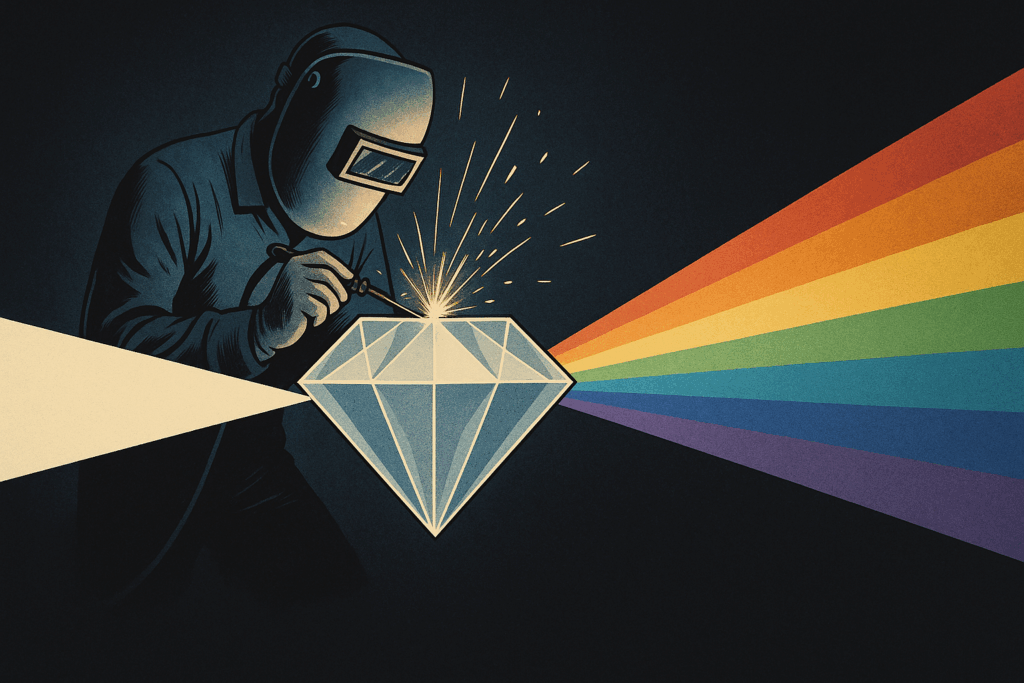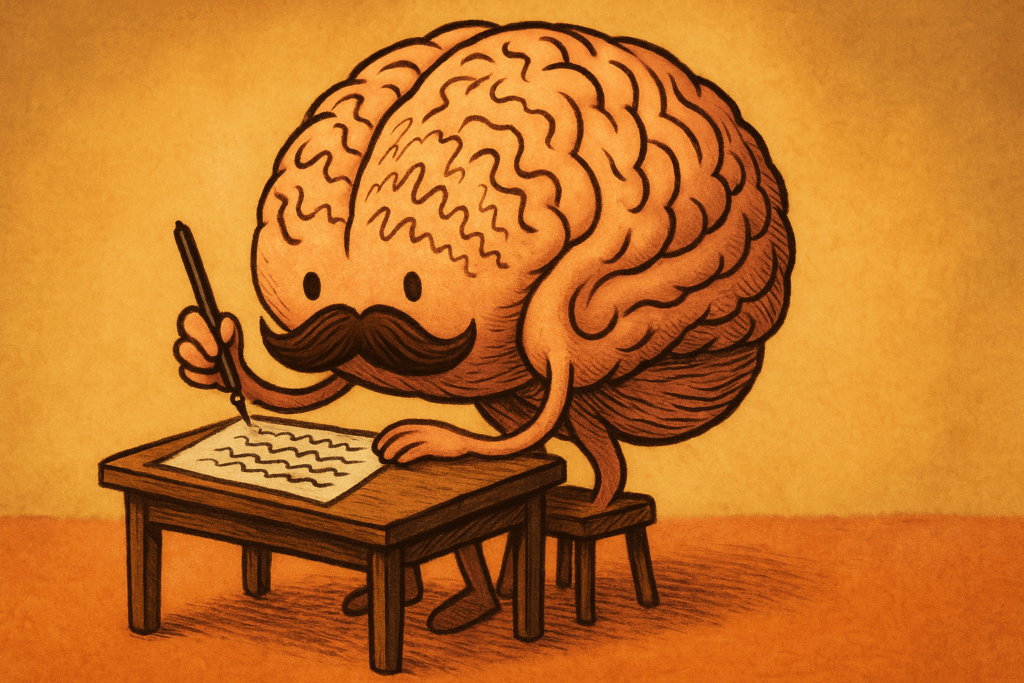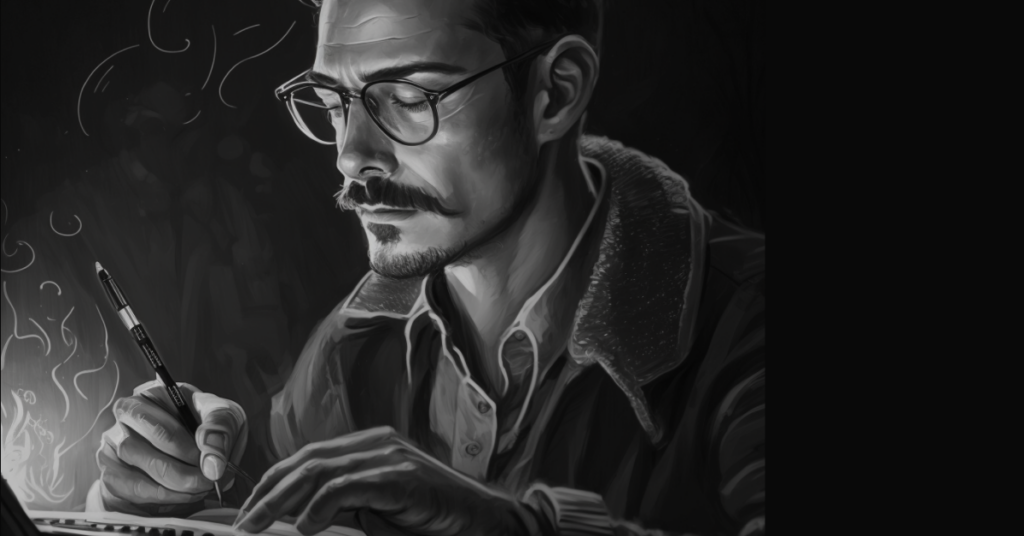Why Comedians Write

The Refraction of Humor: Why Comedians Write
Every joke starts as a single beam of experience. Something happens—you notice it—and for a split second, it feels like there’s a joke there. That’s the light. The comedian’s job is to catch that moment, refine it, and refract it into something that makes people see the world differently.
Comedy writing is how you do that. It’s how you turn an experience into expression. Not by forcing yourself to be funny, but by developing the awareness to see what’s funny.
1. Capturing the Light: The Power of Ideas
Ideas are like sparks—you can’t predict when they’ll show up, but you can train yourself to catch them.
Most people let their funny thoughts fade away because they don’t take them seriously. But the truth is, every great comedian is a collector. They capture life’s moments before they disappear—conversations, mistakes, ironies, frustrations, tiny flashes of insight.
You can do this anywhere. Keep a notes app, use voice memos, or carry a small notebook. It’s not about quality—it’s about quantity. The more you write down, the more you’ll start noticing how your brain sees humor. Eventually, you realize your funny thoughts were never random—they were you, unfiltered.
2. Cutting the Diamond: The Structure of Comedy
Collecting is only the beginning. Once you have a pile of ideas, you need to shape them. Structure is where your thoughts stop being noise and start becoming comedy.
Writing forces you to slow down and look closer. You begin to ask questions:
- Why is this funny to me?
- What’s the real truth underneath it?
- What exaggeration or twist would make this hit harder?
Think of it like cutting a diamond. The brilliance comes from precision. Timing, word choice, rhythm—all of it happens here. When you write regularly, you start to feel the beats of humor before you even say them. You stop waiting for inspiration and start creating it.
3. The Spectrum of Funny: Habits and Benefits
Writing only works when it becomes a habit. The act itself is simple; it’s the consistency that changes you.
At first, it feels like effort. You sit down, jot ideas, structure jokes. But over time, you realize it’s rewiring your perspective. You stop reacting to life and start observing it. The frustration that used to annoy you becomes a setup. The awkward silence becomes a punchline.
That’s the benefit most people don’t see—comedy writing doesn’t just make you funny, it makes you aware.
You start living life through a comedic lens, and the habit compounds. Your material grows, your confidence builds, and your voice becomes unmistakably your own.
4. The Refraction of Humor
When you approach comedy this way, it stops being about chasing laughs and starts being about curating your comedic mind. You’re not forcing funny—you’re refining it. Every note, every rewrite, every moment you sit with your thoughts becomes a part of your Comedy Compendium—your personal library of perspective.
This is how comedians grow. Not from trying to be funny every day, but from seeing the world through awareness, expression, and honesty.
Comedy isn’t just what you say—it’s how you see.
And writing is the light that helps you see it clearly.
If you’re ready to build a writing habit that strengthens your comedy voice and helps you find your funny faster, reach out today and let’s create your personalized comedy system together.




